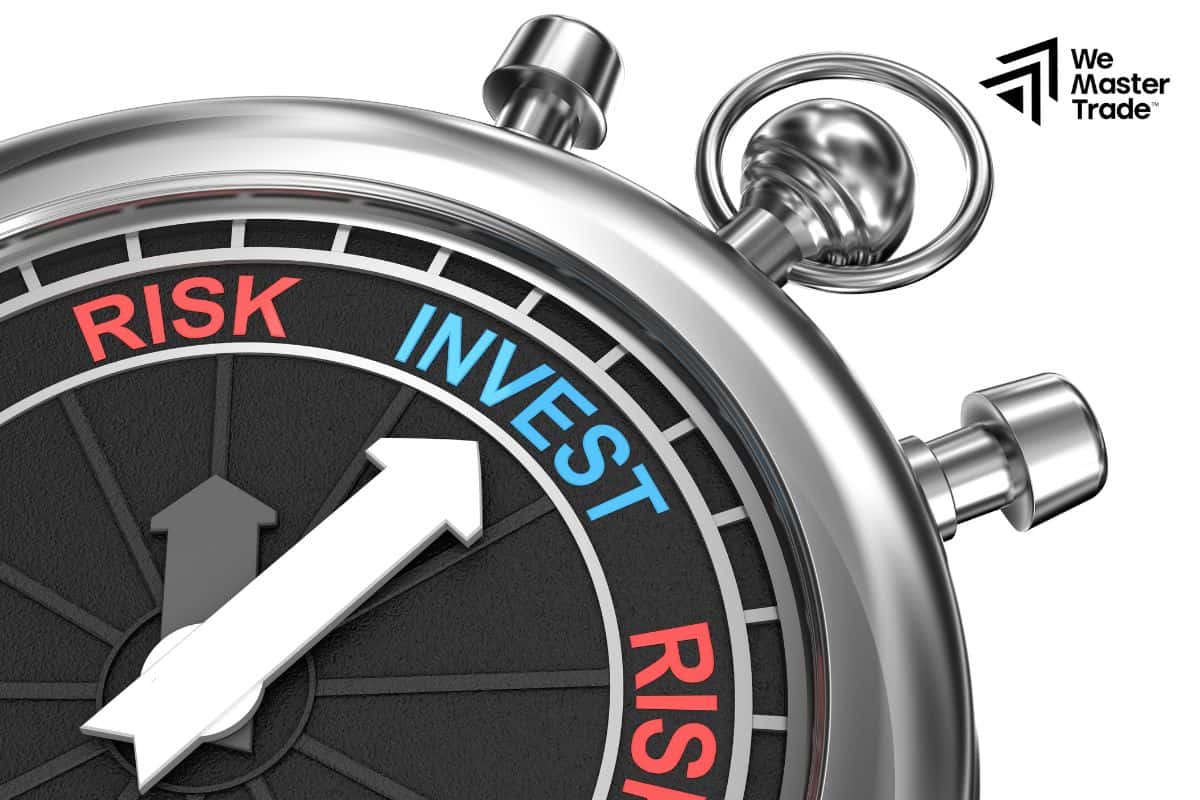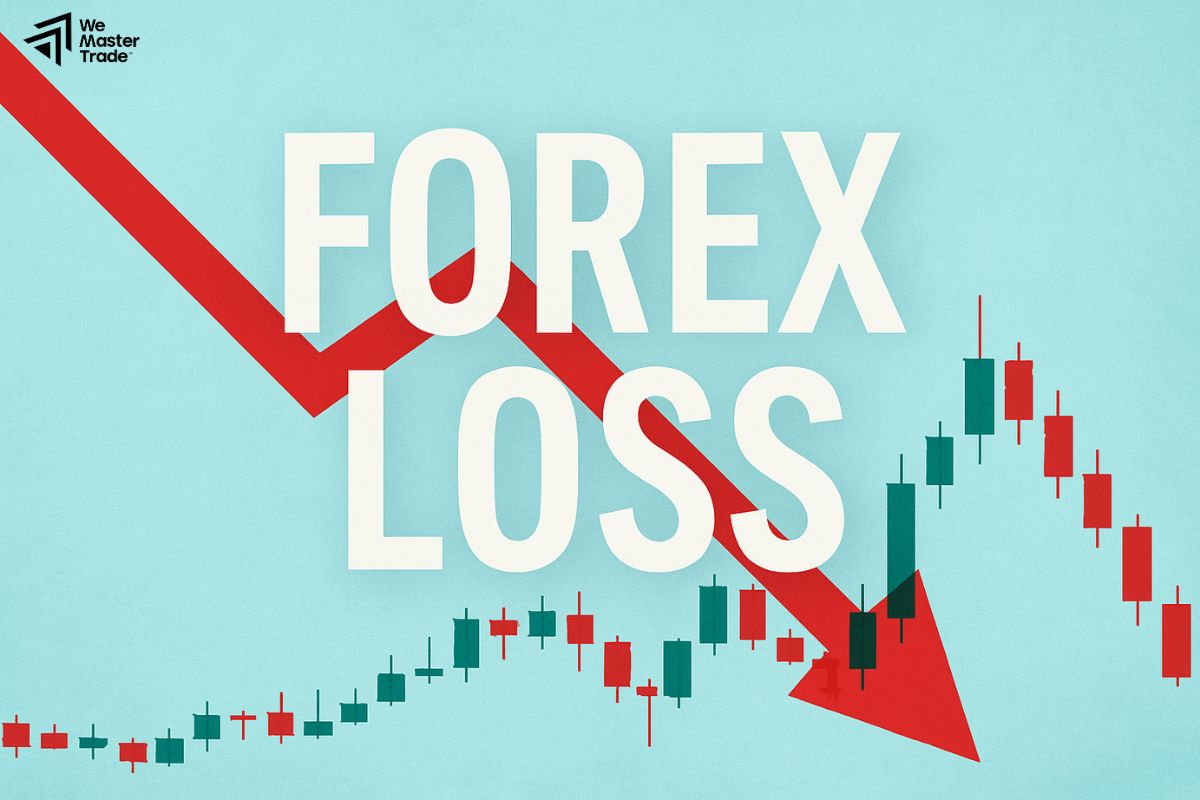See more:
- Best Prop Firm Service – Criteria for Evaluating Good Prop
- Change Your Life with Prop Firms – The Secret for Traders
- When to Withdraw Money from a Prop Firm: Key Tips
What Is Prop Firm Trading?
Prop firm trading (also known as proprietary trading) is a form where financial institutions use the company’s capital to invest. Traders can use the firm’s capital to trade in the financial markets. A trader must go through an evaluation process (challenge) to prove their risk management skills and consistent profitability. If they meet the requirements, they will be granted a trading capital and share the profits with the company.

This capital allocation allows traders to trade with larger positions and requires strict risk management to comply with the firm’s risk limits. To help traders succeed, companies also provide training and mentorship from other experienced traders. Additionally, prop firms offer incentives and bonuses to encourage trading activities.
Benefits and Risks of Investing with a Prop Firm
Benefits of investing with a prop firm
Investing with a prop firm provides many opportunities for talented traders who lack capital:
- Access to large capital: Traders are allocated funds by prop firms to invest. This financial leverage maximizes investment potential.
- Rapid income growth: Many prop firms offer attractive profit splits ranging from 75% to 90%. The more effectively a trader invests, the faster their income grows.
- Risk mitigation: If the investment fails, the trader only loses the challenge fee instead of their entire capital as they would with personal trading funds.

- Enhanced discipline: Every prop firm has its own set of management rules, forcing traders to adhere to strategies and manage emotions better, avoiding unnecessary mistakes.
- Increased personal credibility: Successful and consistent traders can later develop services such as coaching or copy trading.
Risks of investing with a prop firm
You must understand what you need in a prop firm to achieve maximum investment returns and avoid hidden risks such as:
- Challenge pressure: Tight deadlines and high-profit targets can cause traders to overtrade and violate rules.
- Unstable mindset: Trading with the expectation of “passing quickly” can lead to emotional loss of control after a few losing trades.
- Untrustworthy prop firms: Some companies lack transparency or operate unreliably, potentially resulting in financial and time loss.
What You Need in a Prop Firm Before You Start Trading
Solid market knowledge
Traders need a certain level of knowledge about the market they’re investing in. They must understand technical analysis, market trends, and psychology. Most importantly, they must have capital management skills to maximize returns and minimize risks during market volatility. Prop firms only fund traders who truly have the mindset and skills to execute trades methodically and professionally.
A specific investment strategy
There is no place for luck in the investment market. What you need in a prop firm is a clear investment strategy at all times. An effective strategy must include:
- Clear risk/reward ratio: Each trade should have an expected return at least 1.5 to 2 times greater than the risk (R:R ratio of 1:1.5 or higher).
- Verified entry models: These may include price action, technical indicators, breakout, pullback, etc., but must be thoroughly backtested on historical data and forward-tested on demo accounts.
- Compliance with capital and drawdown management rules: Aligning with the firm’s limits, such as not losing more than 5% in a day or 10% overall. The strategy must also show the ability to generate stable returns without violating the firm’s risk management rules.
Risk management skills

This is a key factor in determining whether you can retain a funded account long-term. A successful prop firm trader isn’t the one who “wins big,” but the one who doesn’t lose too much.
- Define risk per trade: Usually ranges from 0.5% to 1% per trade and should never exceed the allowable limit.
- Limit the number of trades: Avoid overtrading, which disrupts strategy and increases drawdown. Adhere to drawdown limits — e.g., no more than 5% loss per day or 10% in total.
- Cut losses at the right time: Every trade carries risk. Knowing when to stop is more important than trying to recover losses.
Stable trading psychology
Trading with someone else’s money might seem less stressful, but it often causes anxiety due to the fear of “missing the opportunity.” Pressure to hit targets within time limits causes many traders to lose composure. Maintaining discipline and emotional control is what you need in a prop firm to succeed consistently.
Choose a reputable prop firm
To choose a trustworthy and safe prop firm, you should prioritize companies with transparent policies on trading fees, profit splits, and risk limits such as drawdown or maximum losses. Reliable companies typically have professional capital management mechanisms that ensure stable funding for traders. Being licensed or monitored by reputable financial organizations is a major advantage.
Also, consider whether they provide training programs, technical support, or an active trading community. Finally, actual performance data from traders who have worked with the prop firm — through public records — can help you assess the firm’s reliability and long-term potential.
Conclusion
In short, investing with a prop firm is an attractive trend, especially for skilled traders with limited capital. However, behind great opportunities lie strict requirements. Understanding what you need in a prop firm — from strategy and psychology to risk management and transparency — is key to not only passing the challenge but also building a sustainable trading career.
See more:











